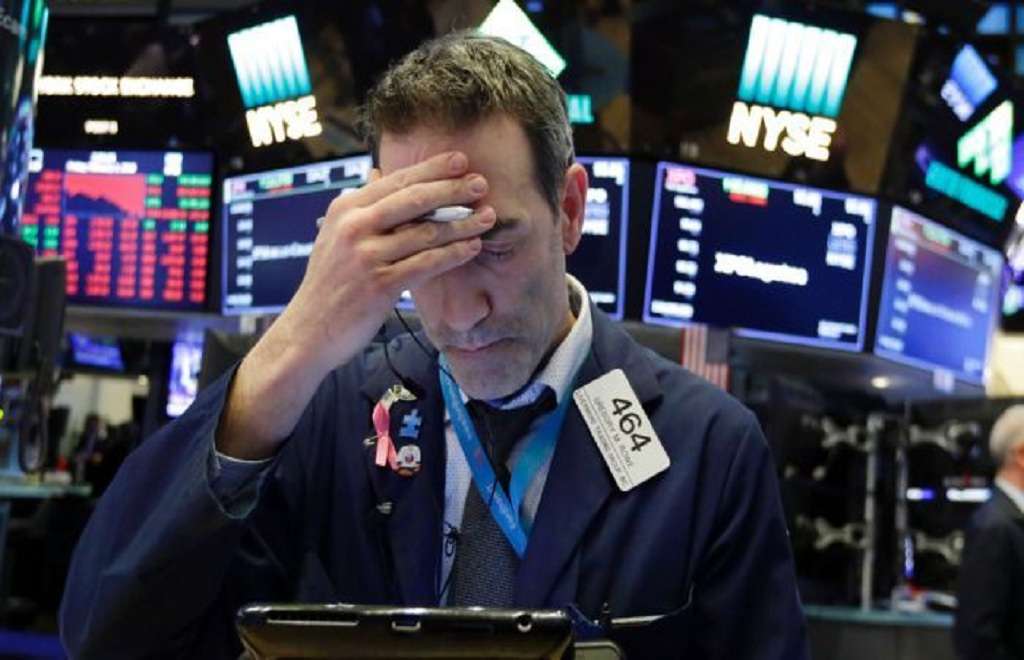
Why foreign companies are scared of investing in India
India's labyrinthine bureaucracy and aggressive tax policies are scaring foreign investors and will redirect investment to China and elsewhere.
"Foreign companies are starting to become scared here," Cote told The Wall Street Journal in an interview on Wednesday.
"They are starting to say, 'What am I doing here?'" Cote said, warning that investment could be diverted to China and other countries.
"I'll hire people here, but I'll be a lot more reluctant about investing, including making acquisitions," said Cote. "I am a lot less keen on expanding our presence by putting money into the country. It's not a smart thing for me to be doing."
It's not a smart thing for me to do to put money into India, says Honeywell's Dave Cote. Reuters
Honeywell, a New Jersey-based technology and manufacturing giant, generated about $600 million in Indian sales and the same amount in exports from India last year, the Journal reported. The American company employs about 12,500 people in India, up from 1,000 a decade ago.
It is no surprise foreign funds turned net sellers of Indian stocks in April, the first month of withdrawals in 2012, put off by proposed changes in tax rules. The Securities Exchange Board of India (SEBI) said offshore investors sold a net of $102.6 million of Indian equities last month.
"Long-term investors into India aren't increasing their exposure as the horizon isn't clear," A.S Thiyaga Rajan, a senior managing director at Aquarius Investment Advisors in Singapore, which has about $400 million in Indian assets. "First, there is uncertainty on tax. Second is the continuing depreciation of the rupee given weak economic fundamentals."
Pushed to a corner by a series of corruption scandals, the government has been unable to reach a consensus on policy decisions that are needed to lift investment and growth. For years, Indian entrepreneurs have boasted they can do business despite the government by adeptly working around potholed roads, clogged ports and reams of regulatory hurdles. But government inertia is taking its toll on corporate confidence.
Many executives, Indian and foreign, are exasperated with recent proposals to tax international mergers that exchange Indian assets, even after the Supreme Court ruled this year that taxes weren't due in the Vodafone case. If applied retrospectively, the finance minister's proposal could force British telecom giant Vodafone to pay $2.2 billion in taxes on a deal it struck offshore to enter India in 2007 through its $11 billion acquisition of the Indian telecom assets of Hong Kong's Hutchison Whampoa. Vodafone beat back the government's tax claim with a victory in the Supreme Court in January.
Cote zeroed in on a recent rule from market regulator Sebi requiring any company listed on an Indian stock exchange to pare its majority shareholder's stake to a maximum of 75 percent by next June or buy out minority shareholders and delist the company. "Honeywell owns 81 percent of Honeywell Automation India Ltd. Mr Cote said the rule means Honeywell faces the dilemma of 'paying a ridiculous price to buy out the remainder or lose money' reducing its stake," said the Journal.
India's $1.7 trillion economies slowed for four consecutive quarters through December and GDP grew only 6.9 percent in the year ended March, the least in three years, according to government estimates. These days, growth below 7 percent is enough for investors to delay projects, for banks to put off loans and for voters to get angry: 7 percent is the new 2-3 percent that plagued the decades after India's independence from Britain in 1947.
"I worry that the bureaucracy is becoming stultifying" in India, Cote said. "My frustration with India is, while it grows at 7 percent a year, it could be growing at 11 percent or 12 percent."
"I still think China is a very good place when it comes to putting money on the ground."
Cote is the latest, prominent international CEO to warn that India risks losing foreign investment because of its policies.
